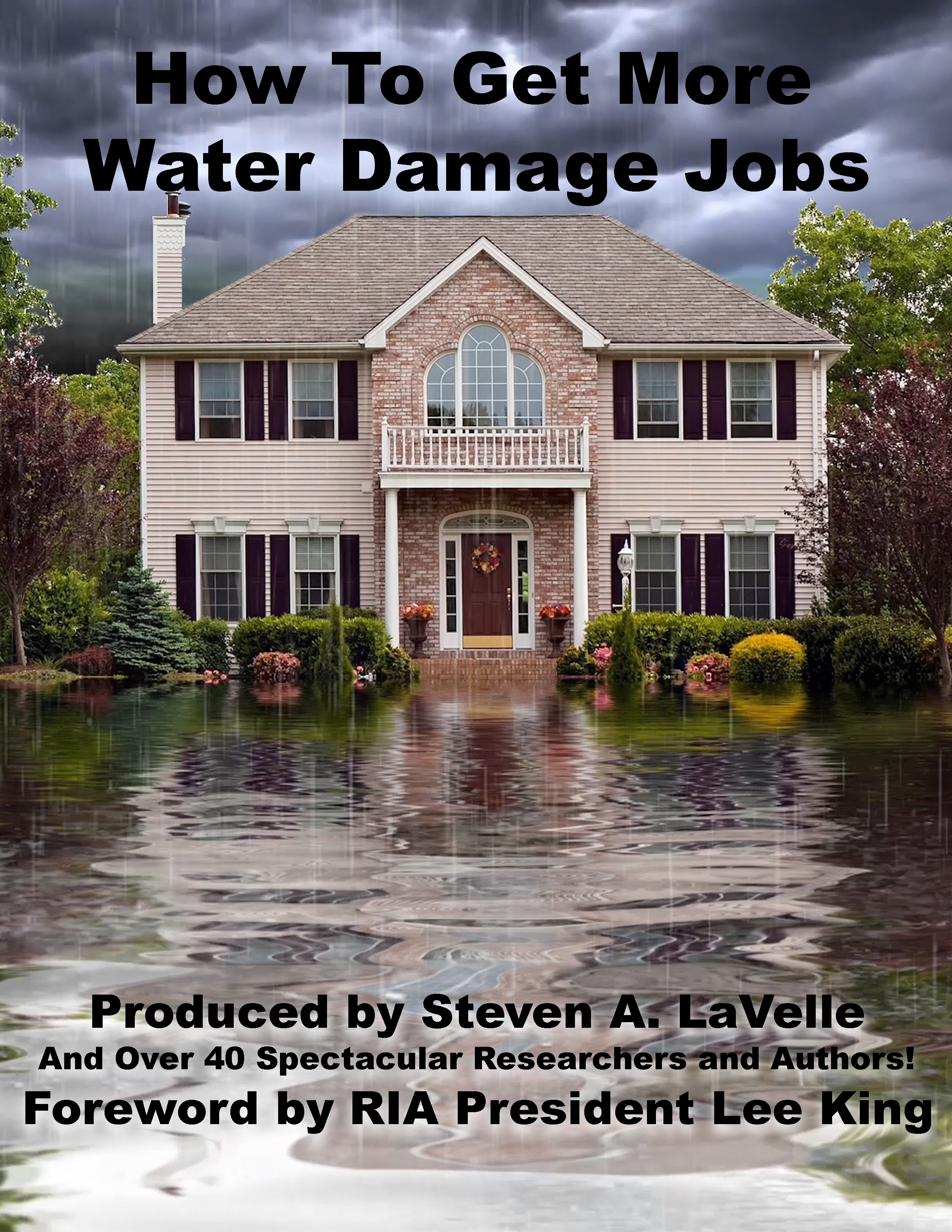Special Section: Prepping for Disaster
6 Simple Ways to Get More Leads During Severe Weather Season




Soon hurricane season will be upon us, and depending upon climate shifts, could inundate your business with additional work. But how will potential clients find you when that twist of fate occurs? Have you truly taken the time to position your website so that your telephone number can be found amongst the crowd?
If the answer is no, then pay attention. Business owners all over the world have discovered the power of website optimization, and there are simple ways to keep your business front and center when disaster strikes.
1. Integrate Keywords
When severe weather hits, there is little time to waste. Most commonly, property owners will turn to their favorite search engine to research a company that can address their restoration needs.
Ask yourself, which keywords would most commonly be used in a search engine for the type of work you provide? Which phrases could potential clients type in? What questions could they be asking?
The help of an experienced web designer can assist in identifying these specific phrases that would drive the most traffic. However, for the restoration industry you will want to make sure to embed the following high level keywords within your website in order to be found when disaster strikes.
- Hurricane
- Flood Damage Restoration
- Severe Storms
- Sump Pump Failure
- Basement Water Extraction etc.
2. Publish a Blog
When things are bit slow, that is the time to position your company as a thought leader in the industry. Managing a blog on your website is a perfect way to educate your customers, illustrate your expertise and embed highly searchable keywords and phrases within the site. Not only will your customers benefit from reading a great article, but the blog will also allow search engines to index your website at a faster rate than your competitors.
The more relevant content you have to index, the higher your page will rank when potential clients conduct a search for your services.
3. Ensure your Site is Responsive
A responsive site is essential to outrank your competitors and convert visitors into clients. Since customers are constantly using their smartphones to quickly research information, your website needs to be attractive, organized and easy to navigate.
Make sure your phone number is at the top and bottom of the page, allowing customers to get in touch with you at any time, and offer clear call to action buttons that make it easy for customers to immediately get in contact with your office.
4. Keep your Pay Per Click Campaigns Ready
The fastest way to get new leads during a disaster is firing up your Google AdWords campaigns. Although PPC can get expensive, at times of hurricanes and heavy storms it always brings a flood of new leads so much so that many times restoration companies have to stop running them.
You don’t have to run ads on Google every day, but since it’s a powerful tool to gain new business, you can have your campaigns all set and only run them when disaster strikes for a guaranteed positive return on your investment.
5. Address Load Speeds
When potential clients are looking for restoration answers, they do not have time to sit around and wait for your website to load. A slow website could cost you a tremendous amount of business, so it is essential to address this before the storm rush hits. An experienced web designer can conduct an audit and determine if your load speeds are adequate. They will check your image file sizes, address any third party plug-ins that are slowing your site down and ensure your page structure is adequate.
6. Treat your Website as an Asset
If disaster strikes in your area, do you feel confident your website will provide you the traffic you need?
In many cases, your website could make or break your success during this year’s severe weather season in your region. Not only does it provide a piece of digital real estate for you online, but it can be the number one reason someone chooses you over a competitor.
Integrating the right formula of traffic and converting that traffic into revenue could be the key to exceeding your business plan for the year.
Looking for a reprint of this article?
From high-res PDFs to custom plaques, order your copy today!









